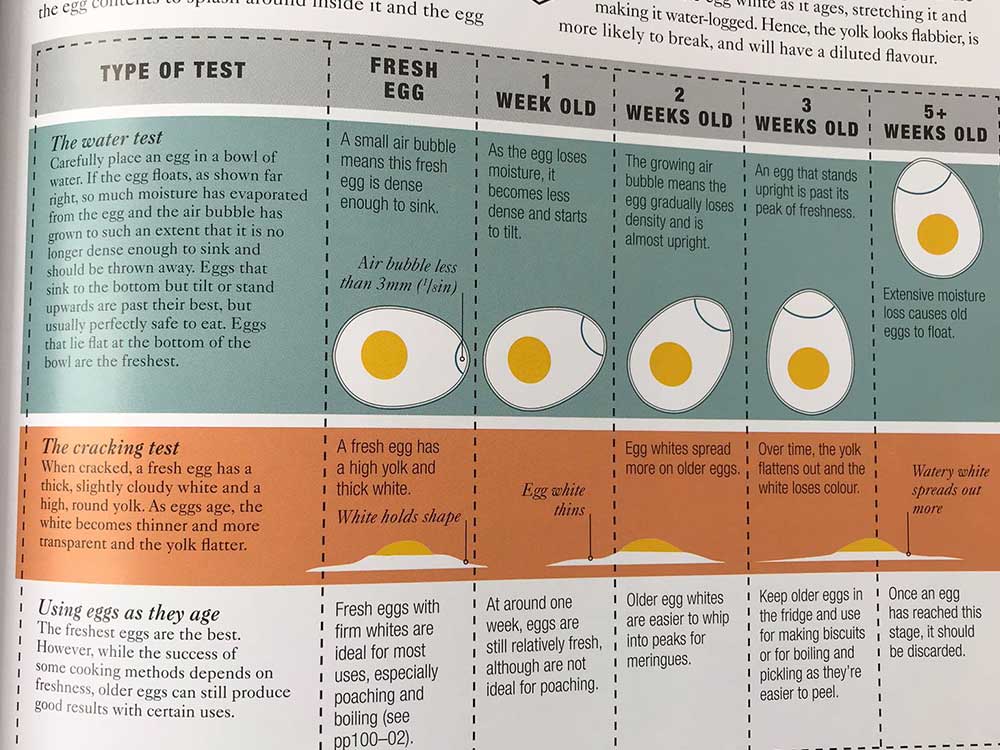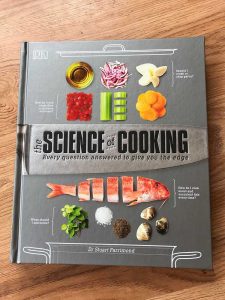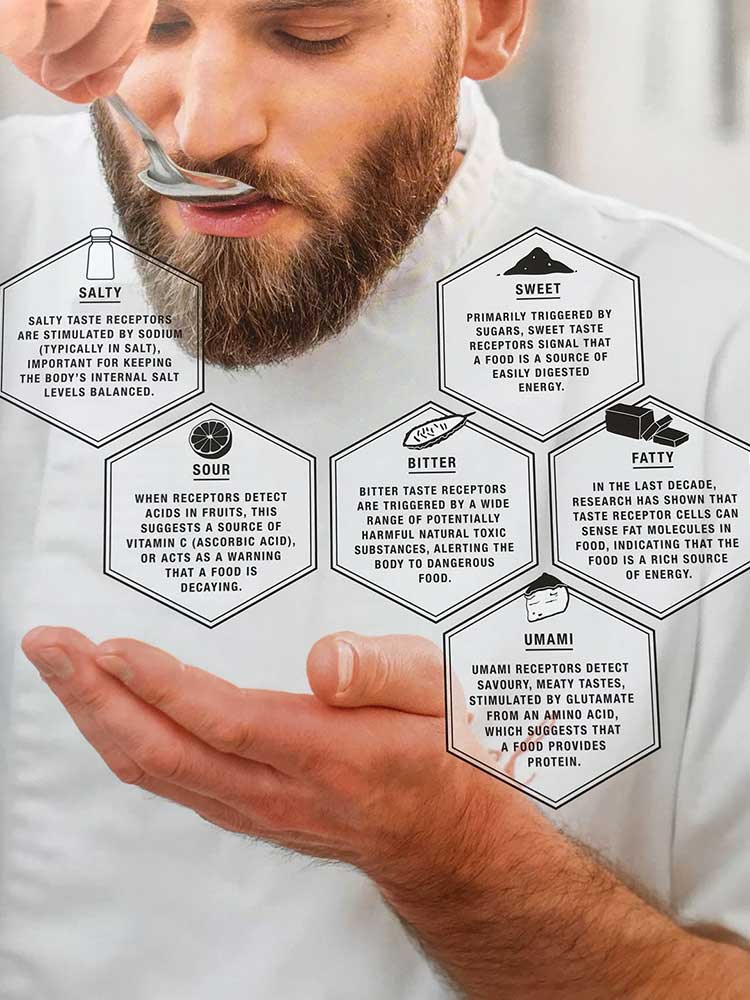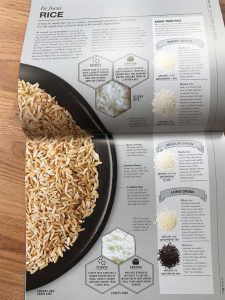The Science Of Cooking, Every question Answered To Give You The Edge’ by Dr Stuart Farrimond
When you are training to become a chef, you are led to believe that if and when you eventually qualify, you will be authority on ANYTHING food related, no mere mortal could possibly tell you something you didn’t know. Then, you are released from your bubble into the world and you realise that food is an ever-changing thing. Not only does it differ across continents, fashions, provenance and availability all affect what and how we choose to cook. This is before you get down to actual technique, the way in which food is handled makes it all part of one big chemical reaction. Molecules are heated, cooled and manipulated and how we do this ultimately affects how food will appear, taste and feel. Yes, we all have more to learn, and we always will.

Dr Stuart Ferrimond is a qualified doctor and teacher so I figured this book would have some background feasibility in its claims. If not, another foodie book in my repertoire would never go amiss.
At first glance, it reminded me of one of those ‘GCSE help’ books, the ones you use to cram the subjects that you never really understood anyway but feel like you need to be able write at least something in an exam.
 And yes, it is laid out exactly how I remember them, mind maps, diagrams and charts with loads of visuals to prompt your memory should you want to recall a certain fact. At first, I wasn’t convinced, I’m used to stunning plates lovingly styled on the Amalfi Coast garnished with olives and succulent lemons and this looked, well, boring.
And yes, it is laid out exactly how I remember them, mind maps, diagrams and charts with loads of visuals to prompt your memory should you want to recall a certain fact. At first, I wasn’t convinced, I’m used to stunning plates lovingly styled on the Amalfi Coast garnished with olives and succulent lemons and this looked, well, boring.
But, after reading the foreword, I was intrigued, I could learn something from this? The book is very well laid out. It has sections for Taste and Flavour; Kitchen Essentials; Meat and Poultry; Fish and Seafood; Eggs and Dairy; Rice, Grains and Pasta; Vegetables, Fruits, Nuts and Seeds; Herbs, Spices, Oils and Flavourings and Baking and Sweet Things. Each section has a specific topic In Focus and an outline of a process such as Steaming or Slow Cooking diagrammatically outlined. What I particularly enjoyed the most was the ‘nuggets’ of random information such as ‘Why Does Popcorn Pop’ that I could either bore my friends with or be an uber nerd on The Chase or a Pub Quiz.
 As a chef, I wouldn’t necessarily say I learnt anything new, But, what I found invaluable was the scientific reasoning to this knowledge. By knowing the specific chemical alterations that occur in molecules in certain cooking processes, I can now understand how and why things go wrong, don’t taste or look right. This can only lead to improvement on my part. And, as someone who doesn’t spend their life involved with food, this book is a huge eye opener that will definitely improve the cooking of anyone vaguely interested in improving their cooking.
As a chef, I wouldn’t necessarily say I learnt anything new, But, what I found invaluable was the scientific reasoning to this knowledge. By knowing the specific chemical alterations that occur in molecules in certain cooking processes, I can now understand how and why things go wrong, don’t taste or look right. This can only lead to improvement on my part. And, as someone who doesn’t spend their life involved with food, this book is a huge eye opener that will definitely improve the cooking of anyone vaguely interested in improving their cooking.

But, I would take everything with a pinch of salt (lol!) Dr Stuart Farrimond is not a chef and some of his ideas/concepts didn’t ring true with me, or what I have learnt. For example, I’m not wholly convinced on his theory that frying vegetables is the least nutritious way to cook them; I learnt at Leiths that during frying, the nutrients are not diluted in water or even steam. But that’s small in comparison to the facts I learnt.
On the whole, I really enjoyed this book (although I craved some food styling or recipes to fulfil my obsession) and I now feel that I could take on any Beast Chaser in a foodie challenge. As I said take it with a pinch of salt (literally!) and enjoy!
The ‘Science of Cooking, Every question Answered To Give You The Edge’ by Dr Stuart Farrimond is available from all good book stores and also from Amazon.
Leave a Reply